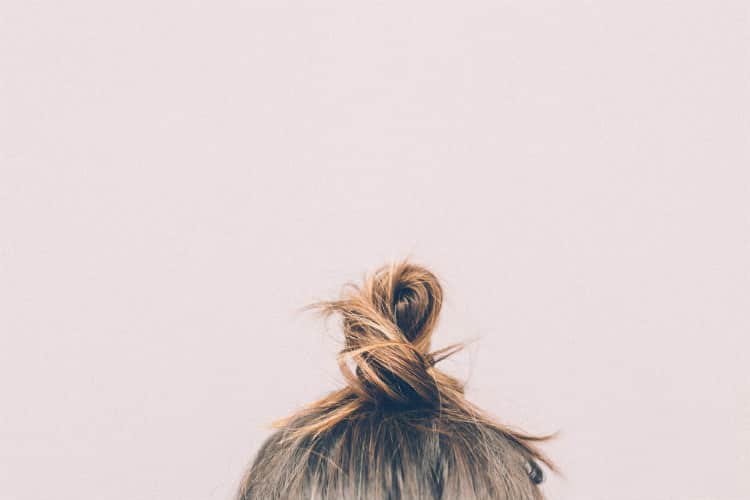To read the previous part of this article, go to Hair loss during pregnancy and after childbirth.
There are many ways to prevent or minimise hair loss. As I noted, there are many different ways to explain hair loss.
Here are some ways to prevent or minimise hair loss:
- Avoid tight French braids or ponytails;
- Avoid hair gel, hair colour and heavy hair extensions;
- If your post-childbirth hair loss lasts longer than 3-4 months, there may be other issues you need to consult for;
- With your pharmacist, evaluate your medications to check to see if they can cause hair loss as a side effect.
Preventing Hair Loss
You can never prevent hair loss, but your basic hygiene practices can help the situation. The following practices can help avoid, at least in part, hair loss:
- Varied and balanced diet;
- Appropriate sleep;
- Daily stress management;
- Regular medical monitoring in detection or in case of illiness or taking medication.
Solutions for Hair Loss
Some believe that there are medications you can take to reduce hair loss or grow hair. You need to talk to your doctor before attempting them, as they may worsen the situation.
After talking with pharmacists specialising in pregnancy and breastfeeding, most over-the-counter or hair salon products have low absorption rates. There is little exposure to the product. This is why most of these alternatives are safe during the perinatal period. But there are no miracle solutions.
However, you should have the product checked and approved by a pharmacist. If the hair loss problem persists one year after ending breastfeeding, you should see a dermatologist.
Here are things that may help hair growth or reactive the hair follicles, but there are no guarantees of success:
- Wash your hair once a day or every other day to reduce hair loss;
- Use volume-enhancing shampoos to give the impression your hair is fuller;
- Use capillary densification serum to promote vascularisation and stimulate the hair follicle growth stage (Grow Gorgeous by Deciem, about $50);
- Apply an overnight treatment for hair, also called an overnight hair mask, to regenerate hair. This antioxidant formula reduces damage and helps growth (Night Density Rescue by Nioxin, about $50);
- Use a shampoo that will strengthen and support follicles with a mix of amino acid and vitamin B-5, which can be used daily (New Hair Biofactors by Nisim, about $50);
- Apply hair loss prevention renewal serum for three months. It triples the hair lifecycle by improving rooting and survival. (Triphasic VHT ATP Intensif by René Furterer Paris, $250 for three months).
Solutions for Severe Cases of Hair Loss?
When the hair loss situation is more problematic and lasts for more extended periods, other solutions are available but are rarely used during pregnancy or breastfeeding. You may have to turn to dermabrasion, plasma treatments, laser treatments, contraceptives, make-up or tattoos.
I know it’s not easy to see your hair fall out during the perinatal period. But most of the time it will return to normal naturally.
Please talk to your health professional if you are worried. They will pay more attention to your situation and act if necessary.
Many thanks to my favourite hairdresser for her help in preparing this article!
Talk soon,
Marie
The Baby Expert


